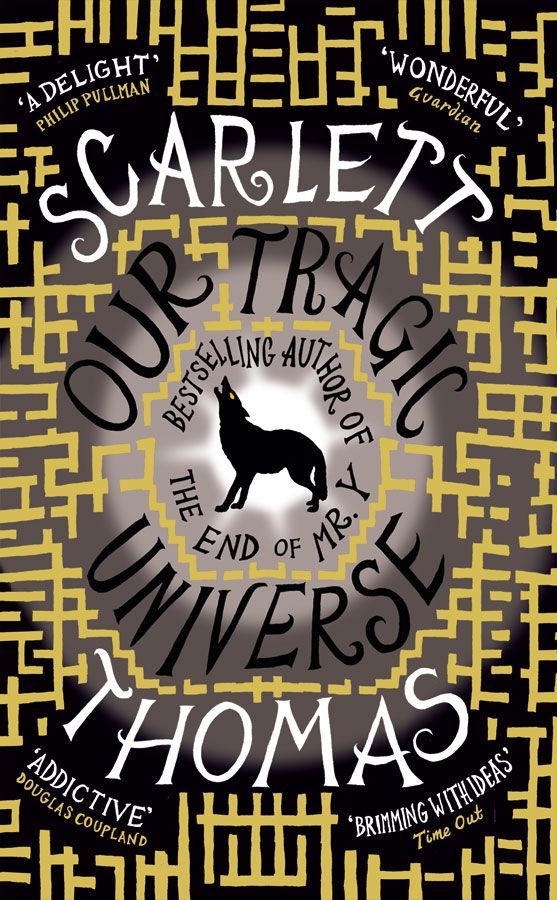 Scarlett Thomas has got a fair bit of crap for this book from readers. It doesn’t appear to read as the same hand as the wonderful “The End of Mr. Y”. It’s awkwardly written, and incredibly long. It’s chaotic, and hasn’t been edited well enough. Or has it? It’s hard to tell.
Scarlett Thomas has got a fair bit of crap for this book from readers. It doesn’t appear to read as the same hand as the wonderful “The End of Mr. Y”. It’s awkwardly written, and incredibly long. It’s chaotic, and hasn’t been edited well enough. Or has it? It’s hard to tell.
So the story goes, Meg, a ghostwriter of terrible science fiction, reckons she’s into science and a bit of a genius. She has a dull and angry boyfriend, a wishy-washy best friend, and a couple of mates veering into the void of madness. She’s in love with a boring older man who has no courage to leave his wife. She’s got a deadline to write reviews of books by the psychedelic physicist Kelsey Newman, a character who breaks all the rules by showing up in the third act, who has a theory about the end of time that she cannot get her head around. Neither can we.
What’s this book about? God knows.
Meg says that she sees all story as the Ancient Greeks did: one story only. At the beginning, someone has a bottle of oil, and they lose it. They must then find it by the end of the story. This, she says, is all a story is. Her plan (as Meg, but actually Thomas writing this book) is to write a novel that doesn’t follow that arc. We go with Meg as she hands in reviews, deals with her boyfriend’s moods, takes her dog out a lot, goes to the corner shop, and learns to knit. Then we hear all about the knitting she’s doing, and her mate’s knitting. She scraps her novel several times and starts again. The novel sounds boring and not worth it. It’s a mystery if she’s a genius, which is one main reason this book doesn’t work properly.
Is this book ghost written by someone called Meg, for Scarlett Thomas, in real life? Meta? Maybe it’s meant to be boring. A very arduous shaggy dog tale that is experimenting with the idea of not having a story structure, written by dull Meg? Aside from all the flab, Thomas ends up with a beginning, middle, and end, and it’s inescapable. Is this the point? Argh.
In the last scene, she watches her friend walk through a labyrinth. It’s overcooked and not smart enough at the same time. Meg is not interesting or smart, and that killed it. Because she’s meant to be. It’s like those films where world famous bands are just not very good, and it’s hard to suspend disbelief that they could sell out a stadium.
Lesson learned: if you want to experiment with form, you’d better damn well have your chickens in a row for everything else – in particular, character – especially if the reader isn’t even sure where the bloody bottle of oil was in the first place.
Available At


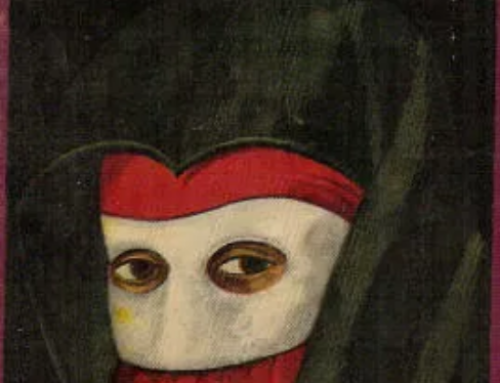
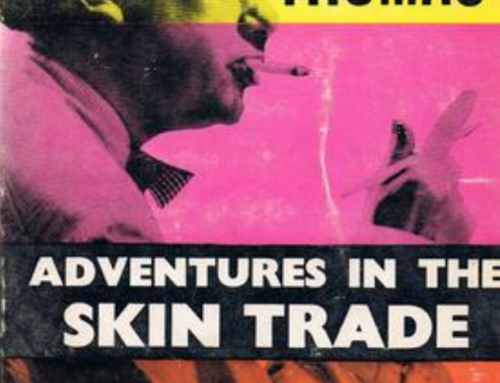

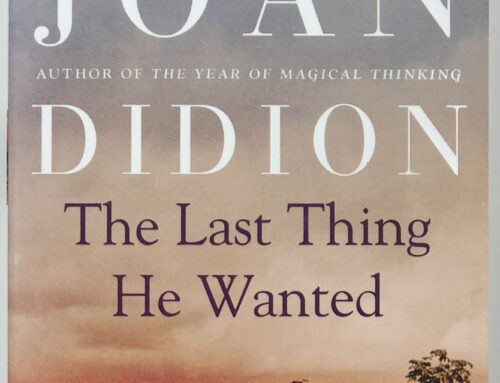
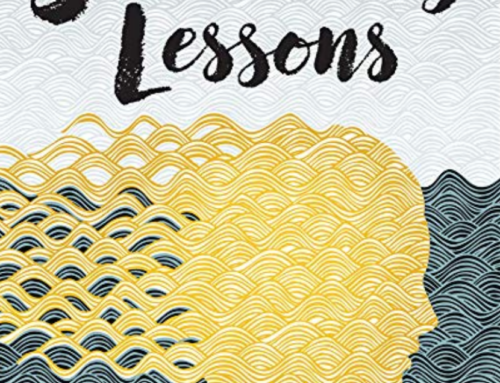
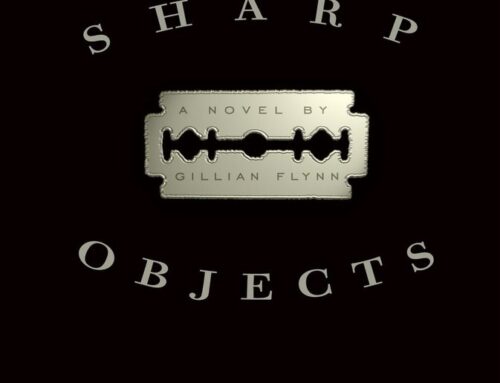
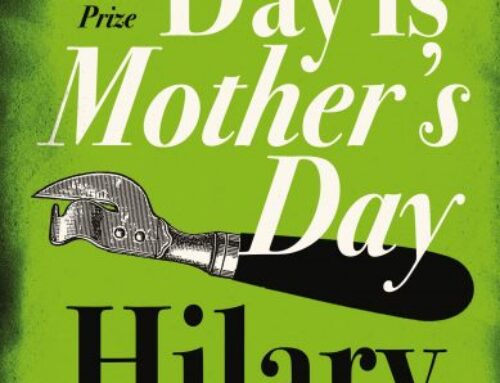

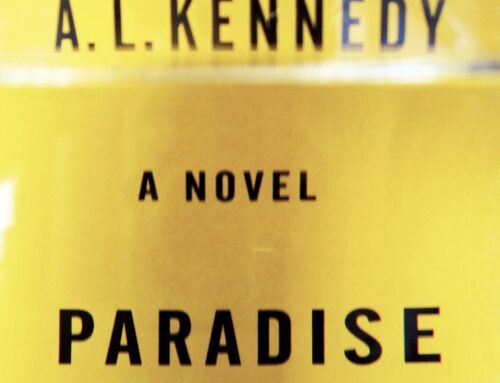

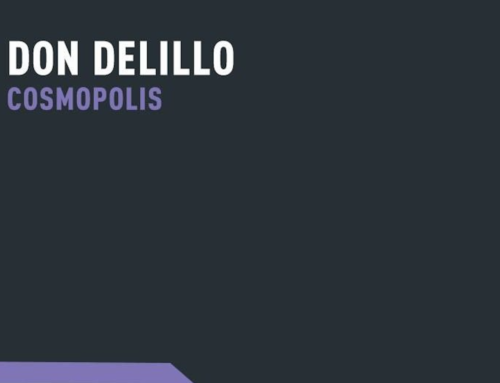
Leave A Comment